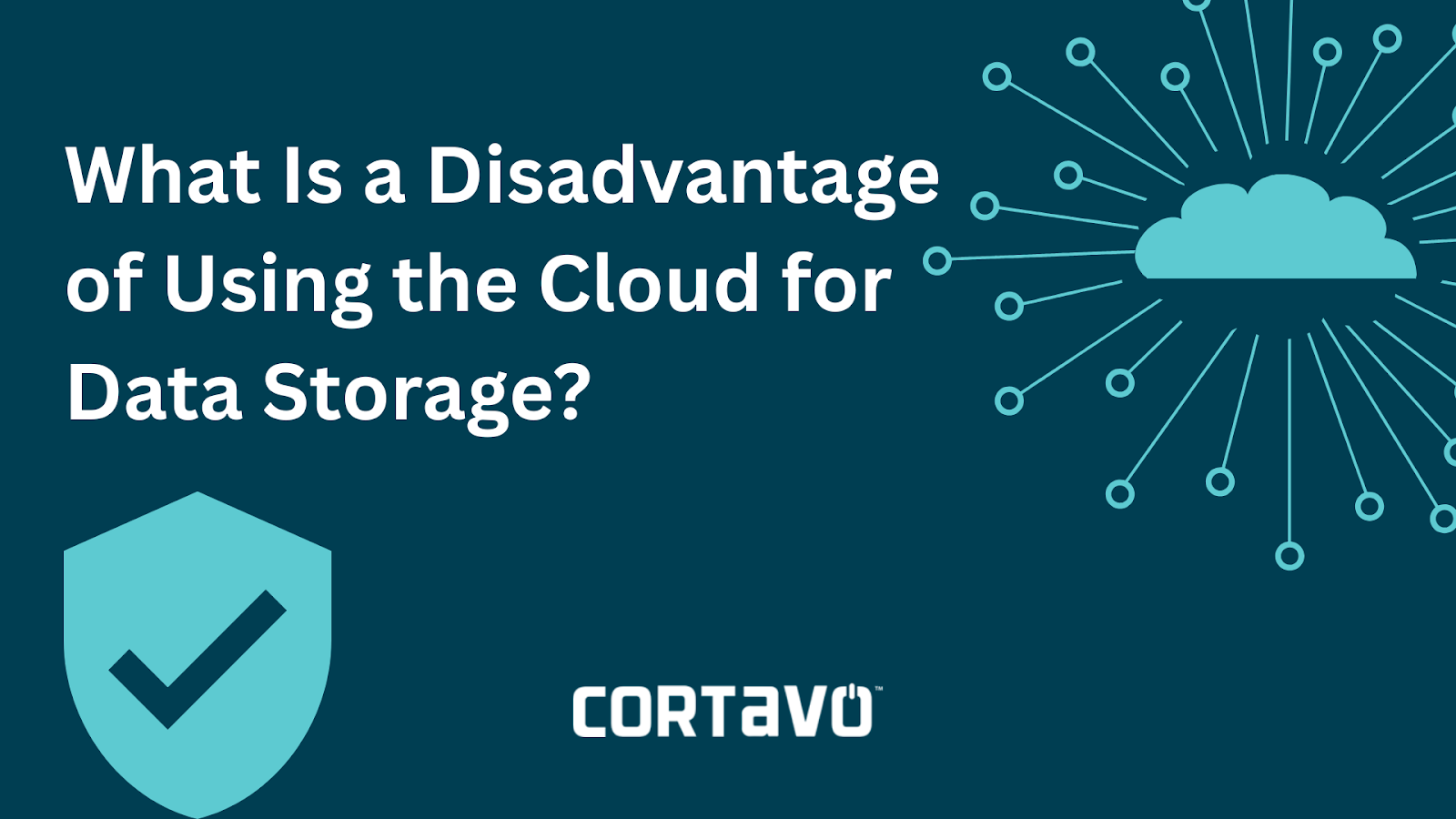Cloud Migration Strategy Planning: 7 Tips
After you’ve done your research on cloud technology and decide you are ready to make the cloud migration flight. Your next question ought to be,...

You probably have heard mention of the cloud before, but have you ever considered what it means or what it can do for your business? The cloud has completely revolutionized the way computing power is processed and how it accesses data. But a lot of small business leaders are hesitant to embrace the cloud, and many don’t realize that they already have. In this article. We will define what the cloud is, the different types, and the benefits it can have for your business.
The term Cloud is virtually synonymous with the internet. In the simplest of terms, it refers to hosting assets over the internet instead of on a physical system. For example, if you go to access a file you have stored in Microsoft OneDrive or Google Drive, you are leveraging the cloud. On the other hand, if you download an eBook, it’s automatically saved to your computer’s downloads so when you go to access it. You are not using the cloud since it’s stored on your hard drive. Ultimately the cloud uses a network to store and process information, rather than a single hard drive.
So when your technology advisor says your business’s data is backed up “in the cloud,” it has nothing to do with actual clouds in the sky. This is a rather common misconception that has resulted in small business leaders being hesitant to fully embrace and understand the cloud. But don’t worry, your data isn’t floating around in space and it has a terrestrial home. It’s stored somewhere in the biggest data center you can imagine among a network of servers that are able to find what you need, when you need it, and deliver it to you.
When understood and implemented properly cloud computing can make your business much more productive. However, embracing a complete hosting solution can only be successful with the right research, implementation, and follow up. So, how do you know if moving your business applications and data to the cloud is the right idea? There are a few things you need to know about first.
Not all clouds are the same! In fact, you have 3 different options to choose from that are not stratus, cirrus, or cumulus nimbus. Selecting the right cloud solution for your business comes down to your needs and the amount of control you would like to have so take a look at these options to see which best aligns:
Owned and operated by a third-party cloud service provider, which utilizes their hardware and computing resources to display called assets through the Internet. Since this type of cloud is public, you’ll host your piece of the cloud amongst other businesses on a shared network and your provider owns and manages all of the hardware and storage for all of its tenants. Some benefits include:
Unlike the public cloud, only your business uses the private cloud, no one else. Your private cloud can be located in your data center. Or it can be hosted by a third-party provider like Cortavo. It also offers peace of mind with the added protection of knowing that your business’s infrastructure is maintained on a private network. Some benefits include:
You can also choose a combination of the public and private clouds, hence the name “hybrid”. Some organizations need the flexibility of running processes through the public cloud while keeping highly sensitive data or workloads in the private cloud. The ease of moving information between public and private clouds as needed along with more deployment options makes this the ideal solution for those who need to scale computing resources frequently. Some benefits include:
Just like there are different types of clouds, there are also different types of cloud service models. The most commonly used hosting services for small to medium-sized businesses are IaaS and SaaS.
Better known as IaaS, is a pay as you go service model. The vendor will provide the user with access to servers, storage and network and you utilize your own applications within their hosted infrastructure. The key features of IaaS are:
Better known as SaaS, is where a third-party provider gives clients access to their proprietary cloud-based software. This software application lives on a remote cloud network where it stores and analyzes data. It can be easily accessed through the web or an API. The key features of SaaS are:
Better known as PaaS, enterprise organizations often leverage it as it provides businesses with a cloud environment where they can easily develop, manage and deploy applications. They often come with pre-built tools to create, test and customize their own applications. The key features of PaaS are:
Cloud computing is the way of the future and chances are you’ve already embraced it whether you’ve realized it or not. We know it is an easy and inexpensive solution for small businesses but, is it safe and reliable?
First off, you will want to inventory the ways you are using the cloud (if not working with a third-party provider) and take a look at their cybersecurity settings. On the other hand, most service providers offer encryption features such as service-side encryption to manage their own encryption keys. So, it’s ultimately your decision about how secure your hosting environment.
As far as reliability goes, cloud computing will reduce the amount of downtime to seconds. With cloud back up there are multiple copies of your data stored all throughout your cloud, so there is no single point of failure. So if you experience a breach, data can usually be recovered with a simple click of the mouse.
In the end, the best cloud services for small businesses are not based on what is most comfortable or what is cheapest. You need to first determine whether or not transitioning into the cloud will work for your business and what you need to get out of it now and in the future. If you’d like to speak to an IT specialist about making the move to Cloud, simply contact us online or call us at 1.866.267.8286. Our staff has first-hand expertise in helping businesses of all sizes find the right cloud solution for their office. We look forward to helping you.

After you’ve done your research on cloud technology and decide you are ready to make the cloud migration flight. Your next question ought to be,...

Technology has changed daily operations in every industry, and the construction industry is no exception.

“Scalable”, “cost-efficient”, “no hardware headaches”.